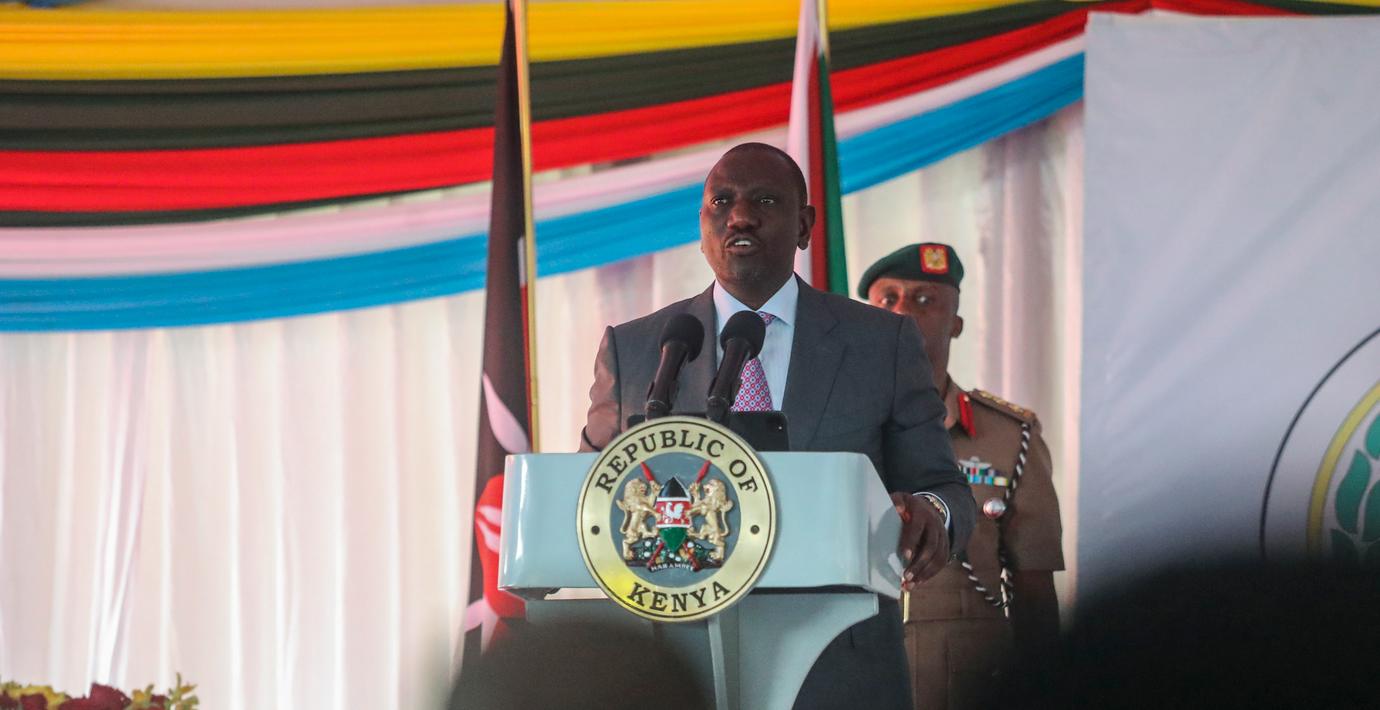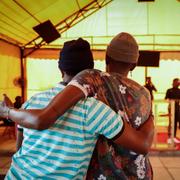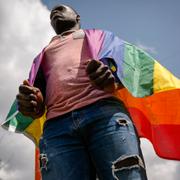
Kenyas president: Tillåter inte samkönade äktenskap
Kenya kommer inte att tillåta samkönade äktenskap, säger president William Ruto efter att landets högsta domstol fattat ett beslut till förmån för hbtq-rättigheter. Det rapporterar Bloomberg.
Ruto säger att han respekterar konstitutionen och domstolens beslut, men att han inte håller med om sådant som går emot kristendomens och islams värderingar som enligt honom endast tillåter heterosexuella relationer.
– Det där håller jag inte med om. Det kommer hända någon annanstans men det kan inte hända i Kenya, säger han under ett tal i Nairobi.
Domstolen kritiserade landets regering för att inte ha registrerat en förening för hbtq-personer vilket enligt domen var diskriminering.
bakgrund
Hbtq-rättigheter i Kenya
Wikipedia (en)
Lesbian, gay, bisexual, and transgender (LGBT) persons in Kenya face legal challenges not experienced by non-LGBT residents. Sodomy is a felony per Section 162 of the Kenyan Penal Code, punishable by 14 years' imprisonment, and any sexual practices between males (termed "gross indecency") are a felony under section 165 of the same statute, punishable by 5 years' imprisonment. While female same sex-sexual activity is not explicitly prohibited by law, lesbians, bisexual women and transgender people are not recognised in the Kenyan Constitution, and are discriminated against, covertly. They also undergo corrective rape practices by heterosexual men. On 24 May 2019, the High Court of Kenya refused an order to declare sections 162 and 165 unconstitutional. The state does not recognise any relationships between persons of the same sex; same-sex marriage is banned under the Kenyan Constitution since 2010. There are no explicit protections against discrimination on the basis of sexual orientation and gender identity. Adoption is prohibited to same-sex couples.
Transgender people have historically suffered discrimination, and there are no statutory provisions relating to transgender rights. However, there have been a series of court rulings in favour of transgender rights, such as the right to change the names appearing on legal documents. It is currently unclear as to whether these rulings constitute substantive law on the issue of changing legal gender.
Kenyan society is highly conservative, and a large majority of people hold negative views of LGBT people.
Homosexuality is "largely considered to be taboo and repugnant to [the] cultural values and morality" of Kenya. Despite this, public support has slowly been growing and various organisations are working to protect and improve LGBT rights.
Omni är politiskt obundna och oberoende. Vi strävar efter att ge fler perspektiv på nyheterna. Har du frågor eller synpunkter kring vår rapportering? Kontakta redaktionen


